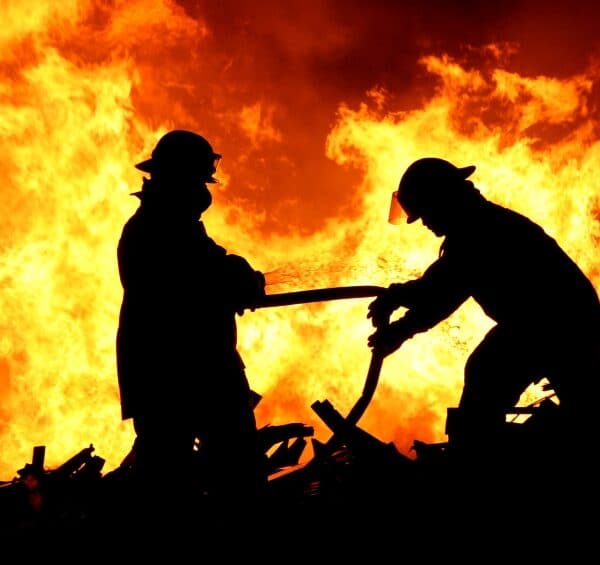
How fire-proof is a ‘fire-proof safe ‘?
As it happens, the prompt action by the firefighters stopped the fire from spreading beyond a few singe marks on the inside wall of the waiting room. It was particularly worrying because his computer back-up media was kept in a ‘fire-proof ‘ safe in the cellar and he did begin to wonder about what ‘fire-proof ‘ actually meant. Imagine losing all patient records and diaries in a gloopy mess of melted plastic.
If you do keep important information in a safe, check out the rating of your unit. The pan-European standard EN1047, contains some of the most rigorous test criteria for fire safes, with EN1047-120 Dis perhaps the most stringent of all. This requires the data safe to be heated in a furnace to over 1100°C / 2012 °F for two hours, with the temperature inside the cabinet not to exceed a maximum 52 ° C / 125 °F. This might seem a bit over-the-top, but each type of media starts to degrade at a different temperature, as follows:
- Paper: 177 °C / 350 °F
- Digital: 120 °C / 248 °F
- Film: 66 °C / 150 °F
- Data: 52 °C / 125 °F
It is a bit obvious but a safe is meant to protect your hard earned cash as well as the data, so invest wisely in a good unit, be safe, get a safe!
So, what else can go wrong?
Alright, so there hasn’t been a fire, but what else can happen? Floods have dominated the news in the last few years and you ought to have contingency plans for this eventuality. The QCS Flooding Policy and Procedure will give you good guidance on this. CQC requires us to have a Business Continuity Plan for a number of emergency situations and it is a good idea to perform an annual risk assessment to make sure you have covered the most common emergency situations as well as the more quirky ones! Use the Hazard Assessment tool in the QCS Business Continuity Policy to help.
Think outside the box a bit. How would you cope with the sudden death of a practice manager? What would happen if all power was cut? If patient records stolen, if police cordoned off your street etc etc. The type of emergency is only limited by your imagination!




